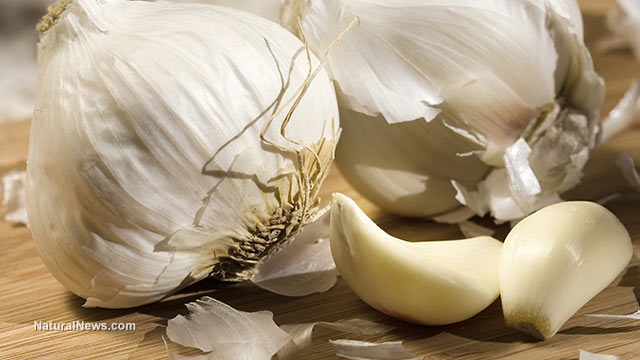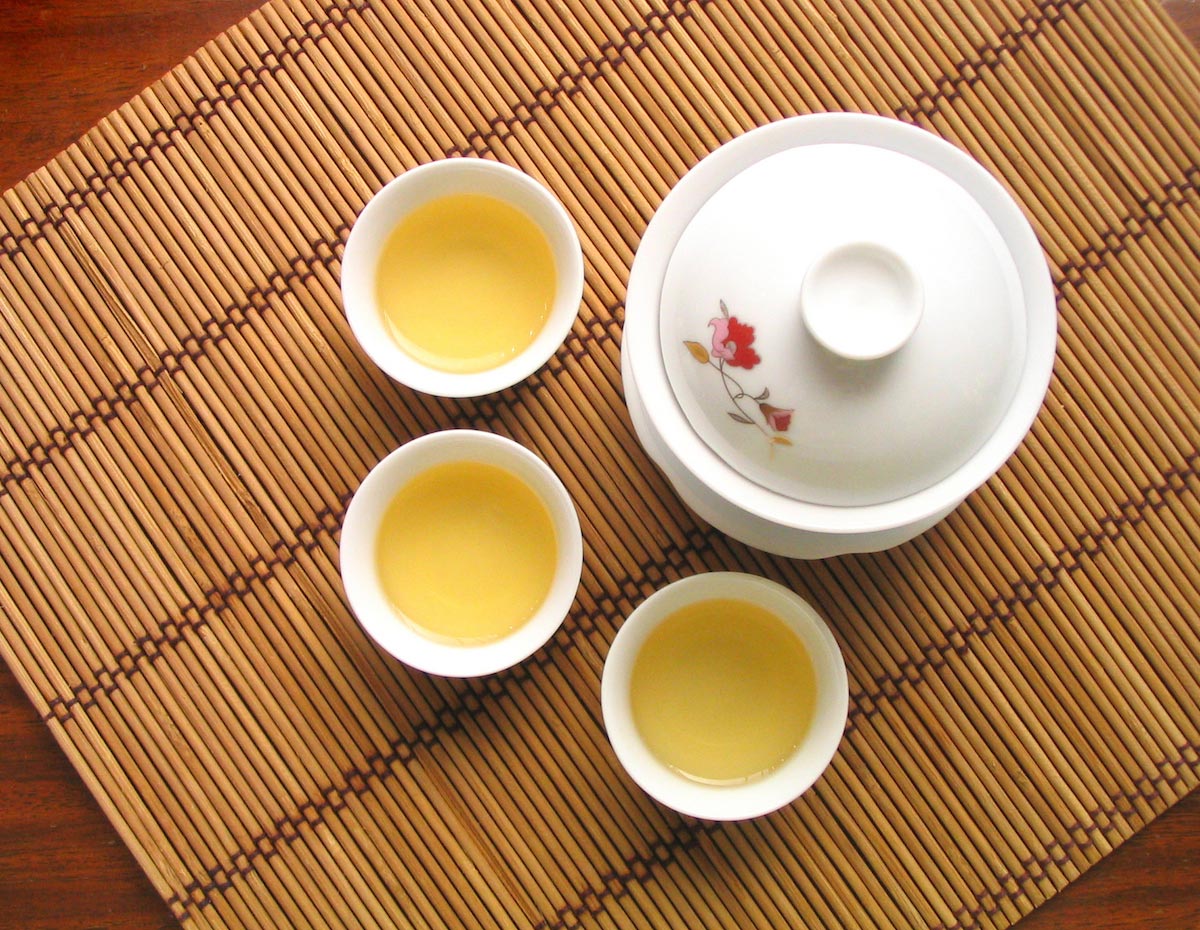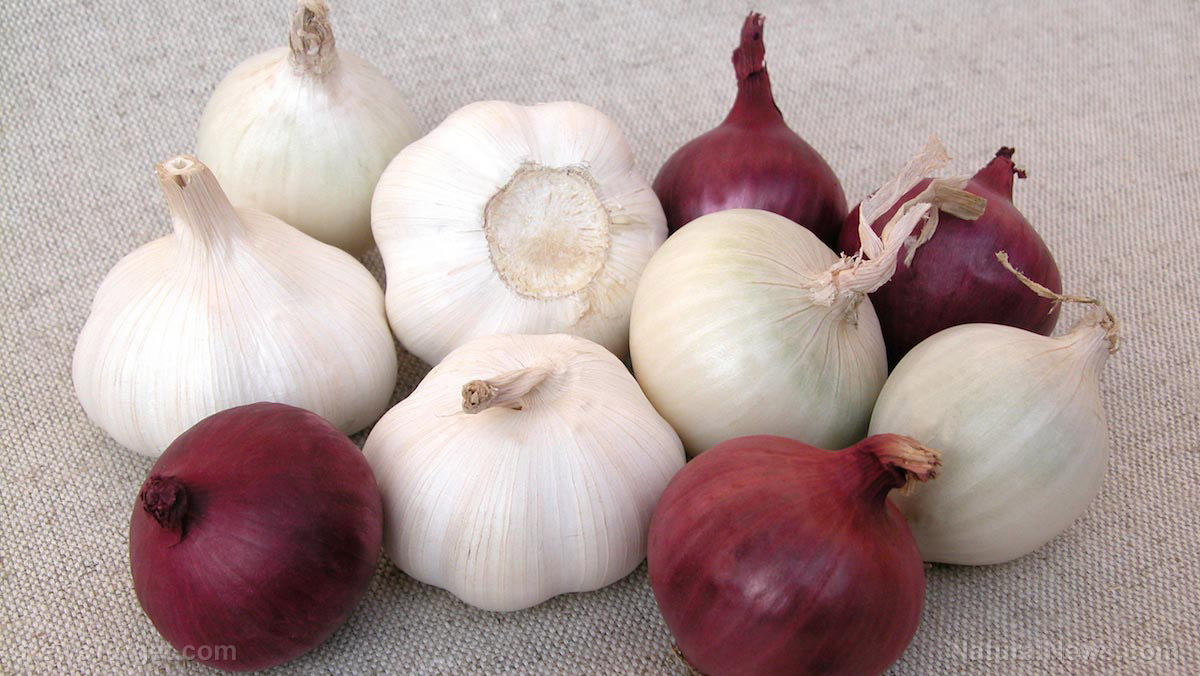Why is cilantro so good for the brain? Science explains
07/30/2020 / By Virgilio Marin

A study published in the FASEB Journal found that cilantro activates certain potassium channels in the brain which helps prevent seizures.
Also known as coriander, cilantro is an herb that is commonly used in traditional medicine. It has anticonvulsant, anti-depressant and anti-inflammatory properties that make it suitable for treating a host of medical conditions, including epileptic seizures.
But while its health benefits have been extensively studied, the precise mechanism behind cilantro’s powerful effects on the body remains obscure. The present study provides a molecular basis for the therapeutic actions of cilantro.
Cilantro activates neuronal potassium channels to alleviate seizures
The Centers for Disease Control and Prevention estimates that about 3.4 million Americans are living with epilepsy. Epilepsy is a neurological disorder characterized by abnormal brain activity that causes seizures or periods of unusual behavior, sensations and loss of awareness.
In the study, researchers at the University of California, Irvine looked at cilantro leaf metabolites to find the source of its antiepileptic activity. Metabolites are the intermediate products of cellular metabolism.
The researchers found that one particular metabolite, the long-chain fatty aldehyde (E)-2-dodecenal, activates several potassium channels in the brain. These channels are part of the voltage-gated potassium channel subfamily Q (KCNQ), which can be found in neurons. According to previous studies, KCNQ dysfunction can lead to severe, treatment-resistant epileptic seizures.
The researchers also found that (E)-2-dodecenal could delay chemically-induced seizures, suggesting its involvement in cilantro’s anti-convulsant activity. Geoffrey Abbott, one of the study authors, explained that by binding to a specific part of the potassium channels to open them, (E)-2-dodecenal was able to reduce cellular excitability.
Given these findings, the researchers are optimistic that more effective strategies involving cilantro can be developed for the treatment of epilepsy.
Medicinal uses of cilantro and coriander seeds
Cilantro and its seeds – often referred to as coriander seeds – offer several other benefits besides controlling seizures.
“In addition to [its] anticonvulsant properties, cilantro also has reported anti-cancer, anti-inflammatory, [anti-fungal], antibacterial, cardioprotective, gastric health and analgesic effects,” said Abbott.
In a test tube study, researchers found that cilantro leaf extract can reduce the expression of certain cancer-related genes, which resulted in prostate cancer cells becoming less invasive. Extracts from the stem, root and leaves of cilantro were also found to have anti-cancer effects against human breast cancer cells.
Coriander seeds, on the other hand, can help alleviate pain and inflammation. Coriander seed extract has been found to exert significant analgesic effects on mice and help relieve migraines in humans.
In one study, participants suffering from migraine took 15 mL of coriander fruit syrup plus their usual medication three times a day for a month. Results showed that compared to another group that took only migraine medication, the coriander group experienced a reduction in the severity, duration and frequency of their migraines. (Related: Reasons to eat cilantro, a superfood rich in immune-boosting antioxidants.)
Cilantro also has antimicrobial properties that can help treat infections. In fact, the same anticonvulsant metabolite, dodecenal, is said to be effective against Salmonella. Meanwhile, coriander seeds can help fight the bacteria responsible for urinary tract infections.
Furthermore, coriander seed extract can be used in conjunction with other soothing compounds as an alternative treatment for diaper rashes. The antioxidants in coriander seed extract can also help prevent cellular damage that leads to faster skin aging, as well as skin damage from ultraviolet B radiation.
For more info about the health benefits of cilantro, visit FoodCures.news.
Sources include:
Tagged Under: alternative medicine, brain disorder, brain health, cilantro, Coriander, Epilepsy, food cures, food is medicine, herbal medicine, Herbs, natural cures, natural medicine, prevention, remedies, research, seizures
RECENT NEWS & ARTICLES
GroceryCures.com is a fact-based public education website published by Grocery Cures Features, LLC.
All content copyright © 2018 by Grocery Cures Features, LLC.
Contact Us with Tips or Corrections
All trademarks, registered trademarks and servicemarks mentioned on this site are the property of their respective owners.




















